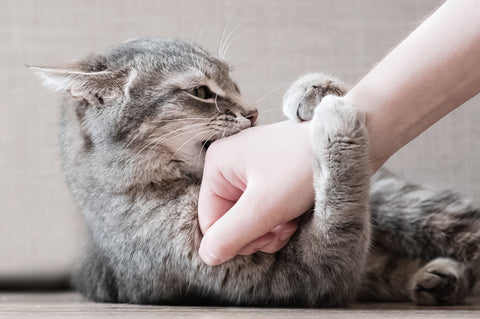Like humans, your dog can also experience constipation. It is as uncomfortable for dogs as it is for humans. It is likely to put your pet in a lot of pain.
This situation is not the sort of challenge most owners want to face, but one you will have to deal with to make them feel better.
To ensure you handle the constipation issue with ease when it strikes, you need to familiarize yourself with everything about it. This preparedness includes knowing its symptoms and causes. You should also know the steps you can take to ease the discomfort and get your dog back to its usual self.
To get you started, here’s an easy-to-read guide for dog constipation. We answer the pressing question – what to give a constipated dog – and the top ten remedies to get your pet on the mend.
What Exactly Is Constipation?
In medical terms, constipation constitutes severe, insufficient, or infrequent bowel movements. It is a common health issue for a dog’s digestive system. Sadly, sometimes it can be difficult to notice any symptoms, leading to your pet’s prolonged suffering.
One prominent symptom that always indicates the likelihood of constipation in dogs is if your pet seems to be distressed when trying to poop.
There are three types of constipation your pet is likely to suffer:
- Intraluminal: a blockage in the colon, preventing your pet from passing out stool.
- Intrinsic: hormonal imbalances or neurological problems
- Extraluminal: an outside source blocking the colon
What Causes Constipation in Dogs?
Constipation in your canine companion can be due to many factors:
- Too little or too much fiber in your dog’s diet.
- Lack of exercise.
- Blockage from ingesting bones, garbage, gravel, and plastic – these materials can get stuck in the intestinal tract.
- Dehydration
- Hair ingestion from constant grooming, which can cause colon blockage
- Matted fecal hair blocking the anus due to irregular or infrequent grooming
Other not so common causes of constipation in dogs include:





